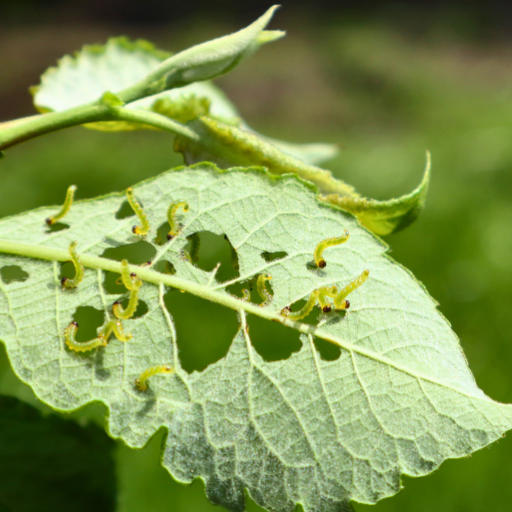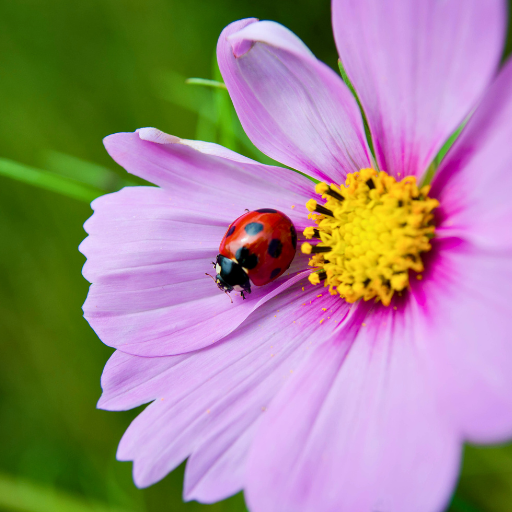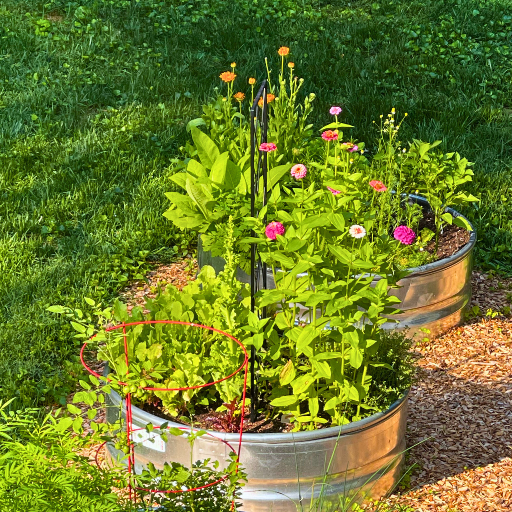
You’re not alone if you’ve spent time nurturing your garden only to see your precious plants devoured by pests. But before reaching for synthetic pesticides, there’s good news—organic gardening offers plenty of natural pest control optionsthat are just as effective and better for your soil, your plants, and your health.
Most gardeners know about neem oil or diatomaceous earth, but if you’re looking for unusual organic gardening tips to keep pests out of the garden naturally, this list is for you. Whether you’re a backyard vegetable grower or a homesteader with rows of crops, these surprising methods will help you stay chemical-free and garden-smart.
Why Avoid Chemical Pesticides?
Before diving into the good stuff, let’s clarify why staying organic matters. Chemical pesticides can:
- Harm-beneficial insects like bees and ladybugs
- Leach into your soil and disrupt microbial life
- Contaminate groundwater
- Leave harmful residues on produce
- Disrupt your local ecosystem
By embracing organic pest control, you’re not only protecting your food—you’re protecting the earth.
1. Plant Decoy Crops (Trap Cropping)
Pests are picky eaters. Take advantage of this by planting trap crops—plants that pests prefer even more than your main crops. These “decoys” attract bugs away from your veggies.
Examples of effective trap crops:
- Nasturtiums: Attract aphids and whiteflies
- Mustard greens: Lure flea beetles
- Radishes: Draw in root maggots away from carrots
- Sunflowers: Attract stink bugs away from tomatoes
Note: Just be sure to check and remove pests from trap crops before they spread.
2. Use Banana Peels to Deter Aphids
Aphids hate the smell of banana peels. Chop them up and bury small sections an inch or two into the soil around infested plants. The potassium boost also feeds your plants—win-win!
3. Coffee Grounds as Slug and Ant Repellent
Sprinkle used coffee grounds around the base of plants to form a barrier that slugs and ants won’t cross. The grounds are mildly abrasive and also enrich the soil with nitrogen.
Related Read: A HOW-TO GUIDE FOR LATE-START GARDENERS
4. Aluminum Foil Mulch for Reflective Pest Control
Place small sheets of aluminum foil under your plants, especially tomatoes and peppers. The reflection confuses and deters aphids, whiteflies, and other small leaf-sucking insects. Bonus: it boosts light exposure for the plant’s underside.
5. Cinnamon as a Fungicide and Insect Deterrent
Sprinkle ground cinnamon around seedling bases and on the soil. It deters fungus gnats and prevents damping-off disease, a common issue in seed-starting trays. It also repels ants.

6. DIY Garlic and Chili Pepper Spray
Boil 2 cups of water with 2 crushed garlic cloves and 1 hot chili pepper. Let it cool, strain, and spray on affected leaves. It’s safe and effective and makes your garden smell spicy. Reapply after rain.
7. Invite Pest Predators with Beneficial Habitats
Encourage natural pest control by creating a haven for beneficial insects and animals.
Ways to attract pest predators:
- Plant dill, fennel, and yarrow to attract ladybugs and lacewings
- Build a bug hotel from bamboo, twigs, and bark
- Add a birdbath to encourage birds that snack on insects
- Use piles of straw or leaves to invite toads (slug-eaters!)
8. Sacrificial Marigolds for Root Nematodes
French marigolds release compounds that suppress root-knot nematodes and discourage aphids, whiteflies, and beetles. Use them as a border or interplant them in garden rows.
9. DIY Beer Trap for Slugs and Earwigs
Fill shallow dishes with stale beer and sink them into the soil. Slugs and earwigs crawl in and drown. Empty and refill as needed. Gross but effective!
10. Essential Oils as Organic Insect Repellents
Many essential oils work as natural pest deterrents. Try this homemade spray:
- 1-quart water
- 10 drops peppermint oil (repels ants and aphids)
- 10 drops clove oil (kills soft-bodied bugs on contact)
- 1 tsp mild castile soap
Spray leaves and stems weekly for organic protection.

11. Bury Fish Scraps (for More Than Just Fertilizer)
Native Americans taught us to bury fish heads for nutrient-rich soil, but this also distracts pests. Some garden pests prefer rotting food sources. Bury fish scraps deep (8–12 inches) between rows to draw them away.
Note: Avoid this tip if you live where raccoons or bears might dig them up.
12. Plant Strong-Smelling Herbs as Pest Shields
Aromatic herbs are nature’s pest repellents. Use them in companion planting to protect your vegetables.
Try:
- Basil (repels mosquitoes and flies)
- Sage and rosemary (repel cabbage moths)
- Chives (keep aphids and mites away)
- Mint (discourages ants and flea beetles)
Keep mint in containers to avoid spreading invasively.
13. Floating Row Covers (Insect Barriers Without Chemicals)
Lightweight floating row covers let sunlight and rain in while keeping bugs out. Use them over seedlings to protect from flea beetles, cabbage worms, and carrot flies.
Remove or lift once flowering begins if your crops need pollination.
14. Crushed Eggshells for Soft-Bodied Pests
Sprinkle crushed eggshells around plant bases to deter slugs, snails, and cutworms. The sharp edges irritate their soft bodies. It also adds calcium to your soil over time.
15. Use Milk Spray for Fungal Diseases
Mix 1 part milk (whole or skim) with 2 parts water and spray on plants once a week to prevent powdery mildew, especially on squash, cucumbers, and melons. The milk proteins react with sunlight to create antifungal properties.

Kelly’s Thoughts: Keep Your Garden Organic and Pest-Free
With creativity and observation, you can naturally keep pests out of your garden—without reaching for harsh chemicals. These unusual but effective tips are perfect for those committed to organic gardening methods that work with nature instead of against it.
Whether you try coffee grounds, banana peels, or a homemade garlic spray, remember that the goal isn’t to eliminate all bugs—just to create a healthy balance that favors your plants.
Bonus Tips for Organic Gardeners
- Rotate your crops each year to disrupt pest life cycles
- Water early in the day to reduce fungal growth
- Keep plants well-spaced to promote airflow
- Mulch with straw or leaves to deter weeds and beetles
- Always inspect new transplants for hitchhiking bugs
Pin and Share to Help Other Organic Gardeners!
Love these tips? Pin this post or share it with fellow garden lovers who want to stay pesticide-free and pest-smart this season.
And don’t forget to subscribe to the blog for weekly tips on organic gardening, DIY natural solutions, and healthy living hacks! 🌱


I learnt so much reading this post!
So much information about which plants to use and lots of options too! Thank you 🙂
I’ve used some of these methods, but now I’m going to try the garlic and chilli pepper spray! Thanks for these tips!
That’s brilliant! Love those tips and am totally going to use them in my garden. I’ve used some of them in the past like companion plants and beer for slugs, but many are new to me. This is very helpful!